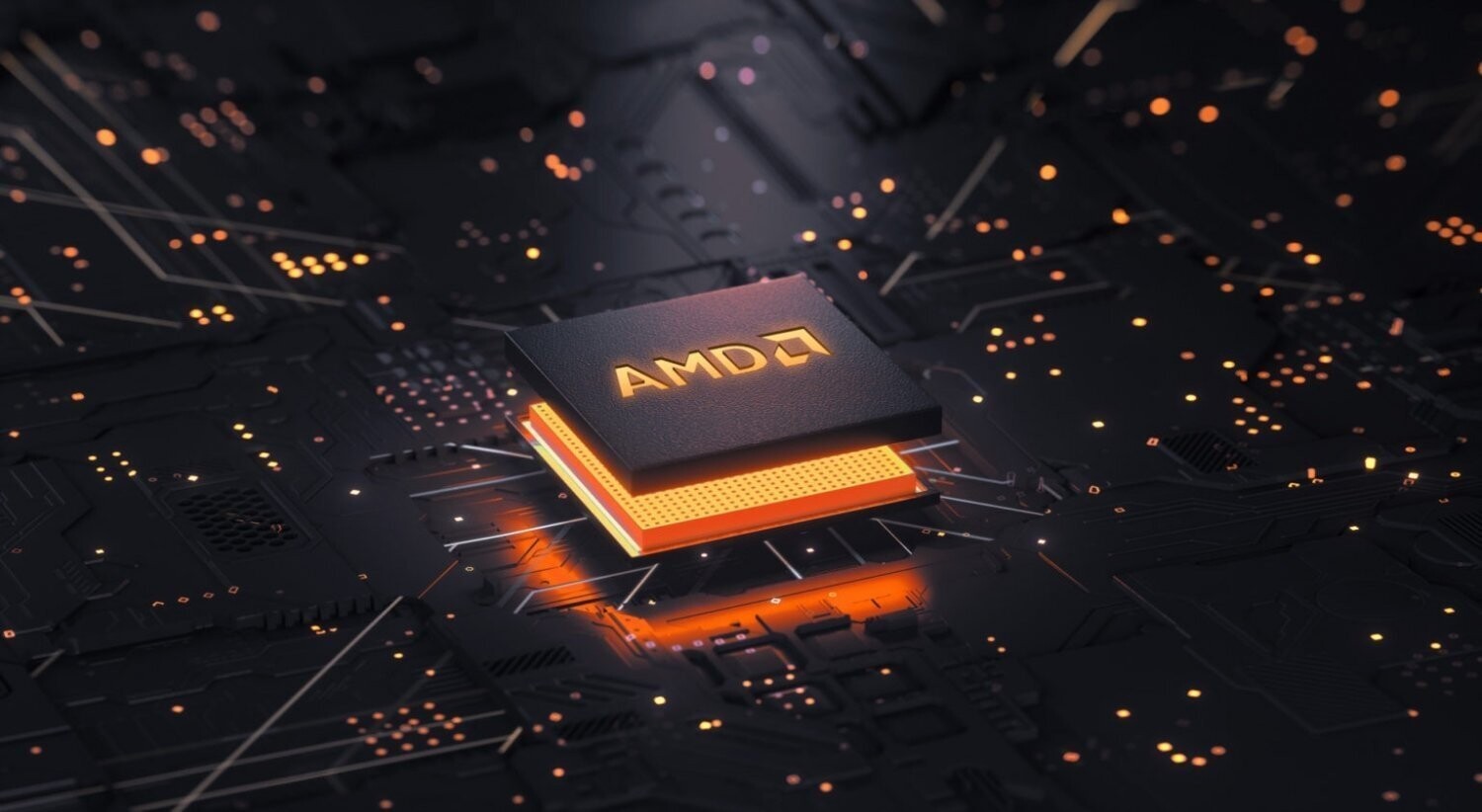AMD has a long history of providing poor software support for their products. I'm compelled to believe if AMD owns up to several of these, it's more likely AMD dropped the ball consistently than some bizarre scheme by Microsoft to keep them down. I'd also add, Windows 10 scheduler isn't an issue currently, since Microsoft has shifted focus to Windows 11, which has had issues with AMD CPU's, so you're kind of right there, but if I read correctly AMD acknowledged (yet again) that they were the ones developing a fix for it. What seems most likely is Microsoft reliably gives AMD a heads up on changes, AMD fails to properly prepare for them, then when the negative impact pops up they pretend to be shocked and rush out a fix they had on the back burner.
Almost like Intel products are launching in the immediate future. Crazy that we'd get more information about them after they've arrived at retailers, reviewers, and industry insiders. Must be a subversive PR campaign!
AMD made the patch for CPPC preferred cores, packaged as part of new chipset drivers, and it works as intended. In respect to that issue, I'm inclined to believe that either Windows forgot about preferred cores (plausible since Windows maintains its own hierarchy separate from CPPC, hence its stubborn universal insistence on Core 0 for no reason), or AMD forgot to keep CPPC up with 11 (also plausible and not surprising).
MS made the L3 cache fix as part of 282, and it failed miserably (despite non-ryzen owners and outlets reporting it 'fixed'). No, AIDA is no hero (far from it the pos software it is), but compared to performance on 10, the L3 variations on 11 are ridiculous. Run-to-run I still regularly see anywhere from 100-800GB/s and up to 15ns. On 10, it's a consistent 700-800 and 10.4ns every run, back to back, dozens and dozens of runs. I dual boot 21H1 and 282, and this "
fixed" L3 perf is far worse than when the APUs were
bugged on L3 earlier 2021.
And so the performance regressions persist. I still haven't been able to match Win 10 results on ST perf yet, and some games bizarrely clock much lower than 10 with no visible effects.
You are right, I'm not making excuses for AMD's pathetic firmware-writing and bugfixing abilities. But the way MS conducts themselves these days (remember their neverending struggle with Print Spooler?) affects hardware performance now, and the whole Ryzen 5000 + 11 debacle (where literally it works 100% fine on 10) doesn't bode well for the future. Part of me wants to believe that Intel's close relationship with MS should be able to avoid major issues, but Intel wasn't 100% ready with microcode for the RKL launch, either. Nevertheless the stakes are high for ADL since there is no other OS to fall back on, so fingers crossed both the scheduler and Thread Director hit the ground running.





 In other words I lived in a bubble. Its interesting to see how the deck has been stacked against them for a long time. I thought it was just " AMD being AMD"
In other words I lived in a bubble. Its interesting to see how the deck has been stacked against them for a long time. I thought it was just " AMD being AMD"

